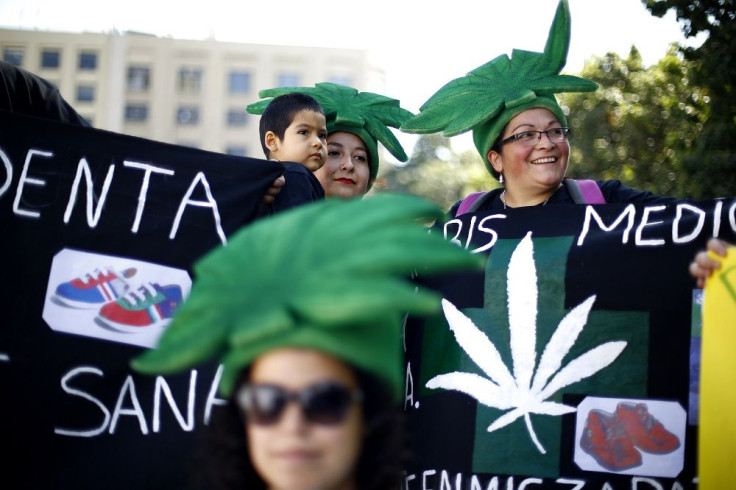2 Australian States To Start Accepting Participants In 2016 For First Medical Marijuana Trials

Queensland and Victoria will join New South Wales, or NSW, in conducting medical marijuana trials for the treatment of cancer and epilepsy, several reports out on Monday said. The first trial, which will start accepting participants in 2016, will involve around 60 to 200 children with drug-resistant epilepsy, according to 9News.com.au. The results will be available within two to five years, the report added.
According to The Guardian, the premiers of the two states announced on Sunday they would join NSW in testing the drug for the benefit of patients in palliative care and children with drug-resistant epilepsy. NSW Premier Mike Baird announced in December that the state would be holding three clinical trials expected to cost $9 million.
The Australian stated that the government of the three states have decriminalised the substance for the trials. However, 9 News reported that a resolution has yet to be made in Victoria. The news outlet stated that the Victorian government would have to wait until August for the Victorian Law Reform Commission's response on legalising the usage of medical marijuana.
The news comes close on the heels of reports saying that the United States' National Institute on Drug Abuse, or NIDA, has noted that cannabis can kill some types of cancer cells in animals. “Recent animal studies have shown that marijuana can kill certain cancer cells and reduce the size of others,” a report from NIDA said, according to The Independent.
“Evidence from one animal study suggests that extracts from whole-plant marijuana can shrink one of the most serious types of brain tumours. Research in mice showed that these extracts, when used with radiation, increased the cancer-killing effects of the radiation,” the report added.
On Sunday, US President Barack Obama told CNN chief medical correspondent Sanjay Gupta that while he is yet to approve the recently filed medical marijuana bill, he welcomes further research promoting the proper use of cannabis in health care.
“I’m on record as saying that not only do I think carefully prescribed medical use of marijuana may in fact be appropriate and we should follow the science as opposed to ideology on this issue, but I’m also on record as saying that the more we treat some of these issues related to drug abuse from a public health model and not just from an incarceration model, the better off we’re going to be,” he said to Gupta, according to The Guardian.
Medical marijuana is widely used to treat nausea in patients undergoing chemotherapy as well as to boost the appetite of patients. The substance is also used to ease muscle spasms of multiple sclerosis patients and to treat people suffering from seizures, Chron's disease and chronic pain.
Currently, the most common modes of therapy for cancer patients is chemotherapy and immunotherapy. As its name suggests, immunotherapy is a type of treatment that relies on strengthening the patient's immune system to battle cancer. Pharmaceutical giants such as Merck & Co. and Bristol-Myers Squibb, and small companies like Kite Pharma, Juno Therapeutics and Nascent Biotech are known players in the immunotherapy space.
To contact the writer, email: v.hernandez@ibtimes.com.au






